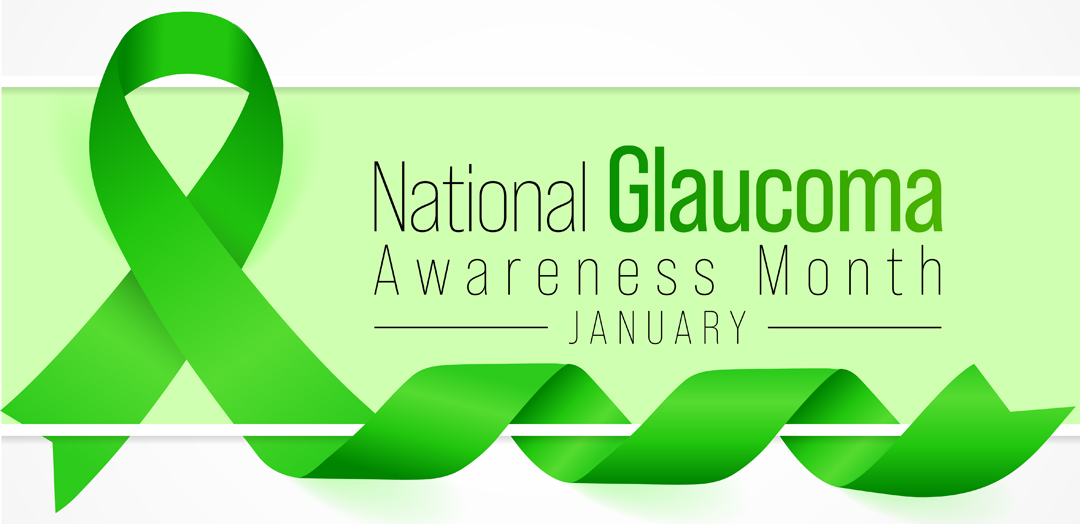
Glaucoma is a leading cause of vision loss and blindness in the United States. Glaucoma has no early symptoms — that’s why half of people with glaucoma don’t know they have it.
The only way to find out if you have glaucoma is to get a comprehensive dilated eye exam. There’s no cure for glaucoma, but early treatment can often stop the damage and protect your vision.
Anyone can get glaucoma, but those at higher risk include:
- Everyone over age 60, especially Hispanics/Latinos
- African Americans over age 40
- People with a family history of glaucoma
National Glaucoma Awareness month is important because:
- It’s a silent disease – Open-angle glaucoma, the most common type, has no symptoms. Without treatment, those affected will slowly lose their peripheral vision. If glaucoma remains untreated, people may miss objects to the side and out of the corner of their eye.
- It gives others a voice – National Glaucoma Awareness Month helps patients cope. It’s a time to let them share their stories.
- It’s important to spread the word – The main objective of this month is to keep people in the know about this disease. Not everyone is aware of how easily they can be affected. Eye care organizations use this month to address the risks and provide treatment tips.
Questions for your doctor
If you or a loved one has been diagnosed with glaucoma, you may have lots of questions. Starting treatment early is the best way to stop the damage and protect your vision. Talk to your eye doctor about your symptoms and treatment options.
Here are a few questions to ask your doctor:
- What type of glaucoma do I have?
- How often do I need to get a checkup for my glaucoma?
- What are my treatment options?
- What will happen if I don’t get treated for my glaucoma?
- How will I know if my treatment is working?
- What are the possible dangers or side effects from treatment?
- Is there anything I can do to prevent my glaucoma from worsening?
- Does glaucoma put me at risk for other eye diseases?
- What can I expect for my vision — now and in the future?
- Are there any activities I should avoid?
Visiting the doctor can be stressful, especially when you’re dealing with a new diagnosis. It helps to have questions written down ahead of time.
Discovery Eye Foundation is currently funding research to find better treatments for glaucoma. Gifts of any size can make a difference.
Donate Today!
Glaucoma simulation video courtesy of NEI


